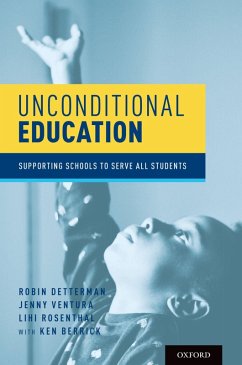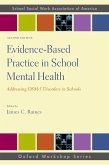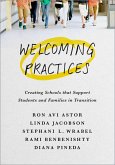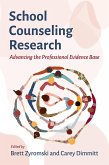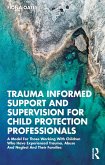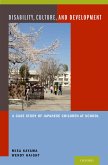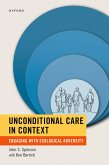After decades of reform, America's public schools continue to fail particular groups of students; the greatest opportunity gaps are faced by those whose achievement is hindered by complex stressors, including disability, trauma, poverty, and institutionalized racism. When students' needs overwhelm the neighborhood schools assigned to serve them, they are relegated to increasingly isolated educational environments.
Unconditional Education (UE) offers an alternate approach that transforms schools into communities where all students can thrive. It reduces the need for more intensive and costly future remediation by pairing a holistic, multi-tiered system of supports with an intentional focus on overall culture and climate, and promotes systematic coordination and integration of funding and services by identifying gaps and eliminating redundancies to increase the efficient allocation of available resources. This book is an essential resource for mental health and educational stakeholders (i.e., school social workers, therapists, teachers, school administrators, and district-level leaders) who are interested in adopting an unconditional approach to supporting the students within their schools.
Dieser Download kann aus rechtlichen Gründen nur mit Rechnungsadresse in A, B, BG, CY, CZ, D, DK, EW, E, FIN, F, GR, HR, H, IRL, I, LT, L, LR, M, NL, PL, P, R, S, SLO, SK ausgeliefert werden.
Hinweis: Dieser Artikel kann nur an eine deutsche Lieferadresse ausgeliefert werden.

